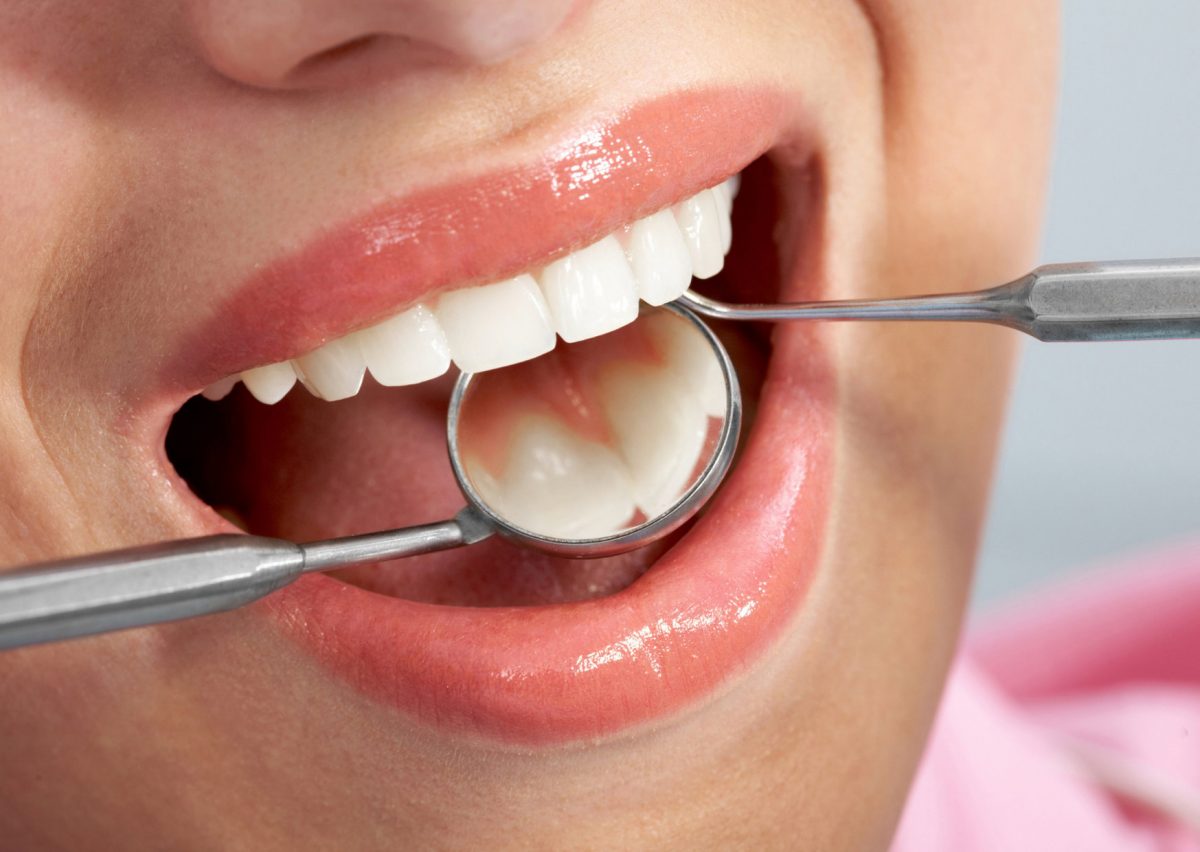Root Canal Treatment
Is the Root Canal Treatment the Best Option?
The different hard tooth outer layers protect the pulp. It extends from the tooth’s crown to the root tips and consists mainly of nerve, connective tissue, and blood vessels. The pulp nourishes the tooth and responds to external stimuli. If the hard tooth layers are destroyed, invading bacteria trigger inflammation, and pulpitis develops. Therefore, the dentist must treat it as soon as possible; otherwise, the pulp will die. As a result, the bacterial infection could spread to the jaw. In these cases, the dentist usually performs a root canal treatment.
Caries bacteria or defective dental fillings often cause pulpitis. Another cause is dental accidents, where trauma suddenly exposes the pulp and exposes it to bacterial attack.
Health risks associated with root canal treated teeth
“Root canal-treated teeth are dead teeth“. SDS – Swiss Dental Solutions
In Germany, some 8 million root canal treatments are performed every year. At the same time, chronic inflammatory and autoimmune diseases with unclear causes are on the rise worldwide. Dentists and physicians with a holistic approach increasingly report significant improvements in these diseases when root-treated teeth and other interfering fields in the oral cavity are removed. In addition, the immune system is additionally strengthened.
A root-treated tooth is a dead tooth. Once an organ with its nerve and blood supply, a dead tooth remains in the oral cavity and is colonized by pathogenic and anaerobic bacteria that break down organic tissue and produce harmful metabolic products (toxins).
The immune system plays a crucial role in the defense against these germs. Chronic inflammation often develops and permanently activates the immune system. These inflammatory mediators promote the development or worsening of chronic inflammation and autoimmune diseases.
Do you really need root canal treatment?
An expert opinion is needed in every case. Unfortunately, many dentists automatically resort to standard root canal treatment without providing optimal support and bypassing numerous side effects. However, there are also other treatment methods.
Our therapeutic offer is based on the following pillars:
- Prevention: a thorough professional tooth cleaning is the basis for healthy and strong gums, which form a natural barrier to pathogens and toxins.
- Complete removal of dead tissue
- Removal of dental foci and interference fields. According to holistic dentistry, it is best to use biocompatible materials such as ceramics.
- If root canal treatment is really unavoidable from a medical point of view, then dental treatment can be combined with complementary and natural therapies.
Don’t hesitate to get in touch with us if you are unsure whether a root canal is the right treatment method for you, or if you would like to find out about the risks or receive alternative treatments.
Holistic dentistry
Holistic dentistry considers the whole organism as a whole. The mouth is closely related to the body and directly connects to other essential organs.
Except for our oral system, no other part of the body uses heavy metals or toxic materials. Furthermore, conventional dentistry tolerates leaving a dead organ in the body. Another disturbing factor is that we absorb toxins through the gums, which can cause gingivitis or periodontitis. If the junction between gum and bone is destroyed, pathogens and toxins can enter the body directly. In other cases, if an implant is needed, it is essential which materials are used, as the body tolerates them differently.
Ceramic implants, for example, have the extraordinary property that the gum grows into the ceramic and thus firmly closes the “immune gate” again, unlike titanium which is commonly used.
More information about holistic dentistry is here.
What is the procedure for root canal treatment?
A slightly inflamed pulp can be healed using medications. However, in the case of an advanced infection with purulent or already dead pulp tissue, the only way to preserve the natural tooth is usually endodontics or root canal treatment.
Steps of a root canal procedure
- Clinical examination, in some cases digital, to assess the condition of the pulp and to rule out other diseases with similar symptoms.
- Root canal preparation, i.e., complete removal of the infected pulp tissue, mechanical cleaning, widening the root canals, and disinfection. We work with the effective Rinse Endo procedure and laser to achieve the most significant germ reduction. Additional germicidal medication can then be introduced and the tooth temporarily sealed.
- Root canal filling with warm gutta-percha. If the tooth is badly destroyed, we stabilize it with a root post (fiberglass post) and a composite abutment, the so-called post crown.
- After the final revision, if necessary, other aesthetic or functional dental restorations may be carried out, e.g., a partial crown or a crown.


